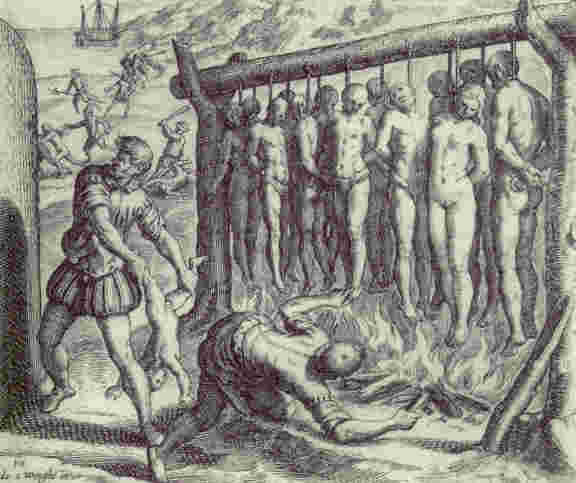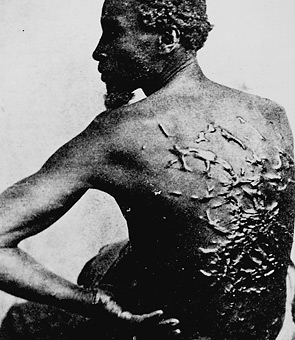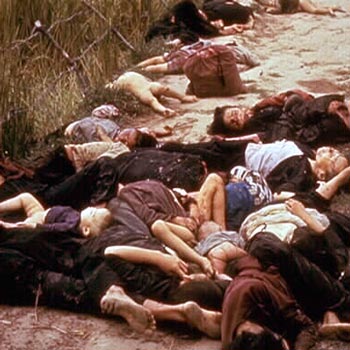“The treatment of heroes and their victims—the quiet acceptance of conquest and murder in the name of progress—is only one aspect of a certain approach to history, in which the past is told from the point of view of governments, conquerors, diplomats, leaders.”
-Howard Zinn
“Americans have been taught that their nation is civilized and humane. But, too often, U.S. actions have been uncivilized and inhumane.”
-Howard Zinn
“There is no flag large enough to cover the shame of killing innocent people.”
-Howard Zinn
A People’s History of the United States, by Howard Zinn, presents a contrasting view of history from the norm taught in classrooms that exonerates the rich and powerful, the conquerers and winners. Instead it takes the perspective of minorities and the oppressed, the conquered and the losers. Zinn values taking the “other side’s story,” showing us history through the eyes of the down-trodden, such as the Native Americans, Slaves, women, the poor, and the working class. Zinn's work is well researched and makes use of many primary source documents, written by historical figures in the time that they lived.
An example of Zinn telling history from the perspective of the oppressed, and the one that probably struck me the most as something totally contradictory to what I had learned, is the history of the first encounter of white men with the native peoples of America, an occurrence which initiated a series of events that eventually leads to the United States we know today. Before reading A People's History of the United States, I believed what I had been taught, which was that in 1492 Columbus sailed the ocean blue, met the Indians, exchanged gifts, and turned around and went home. Within the first few pages (and throughout the rest of the book as well) I was so shocked at what I was reading that it was hard for me to believe that I was reading a history of my own country. It was not like any of the Happy Thanksgiving and Columbus Day propaganda I had been taught to believe. Each page contained accounts of slaughter, torture, and bloodshed. On his return journey Columbus brought five hundred Arawak people with him, in chains. Of the five hundred only two hundred would survive the journey.
Following Columbus' journey the Spanish came over and, because of their advanced weaponry, took control over the Indian people. They mercilessly killed the natives in scores and forced them into cruel slavery. Over 3 million Native Americans were killed with the first 16 years of the white man living in the Americas. You could argue that these were the Spanish in Mexico, not the United States, but then, because of cruelty by English settlers, "the Indian population of 10 million that lived North of Mexico when Columbus came would ultimately be reduced to less than a million." What I came to realize is that we are a nation that is founded on a bloody truth, the genocide of an entire race of people. Yet few people are even aware that this all happened. How was it hidden and covered up so well? Well if our history books are written from the perspective of the conquerers, the leaders, and the government, and always has been, then they would want to hide truths as unbearable as these. From the first semester I learned if you really want to have knowledge in a certain area then you need to look for other perspectives. This is precisely what Zinn does in A People's History of the United States; he takes the overlooked, the ignored, the forgotten, the hidden perspective and tells its story.
Howard Zinn is not the only only one concerned about the real truth. Other authors like James W. Loewen, author of Lies My Teacher Told Me: Everything Your American History Textbook Got Wrong, and Anthony Arnove, coeditor (along with Howard Zinn) of Voices of a People's History of the United States, are working towards the same goal. It is sad that we live in a world where the very history that defines who we are has been covered up and hidden. How are we to find truth in the present, much less the future, when we are prevented from seeing the truth of the past?
Good Links
Howard Zinn: "On Human Nature and Aggression"
Click on the pictures above for good sorces!






